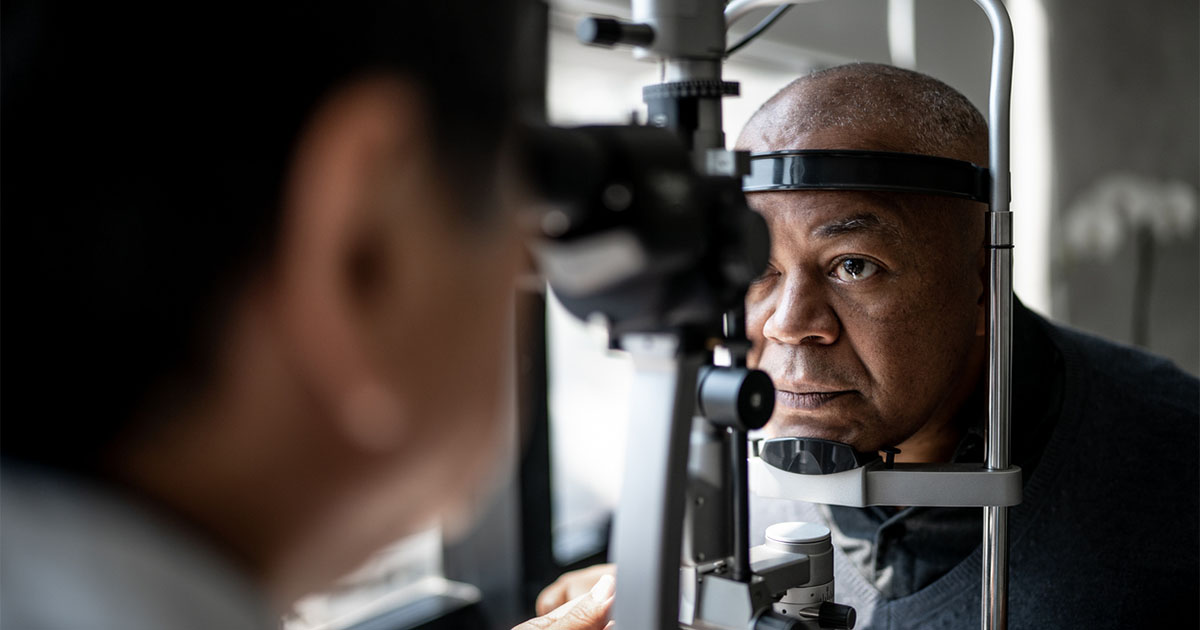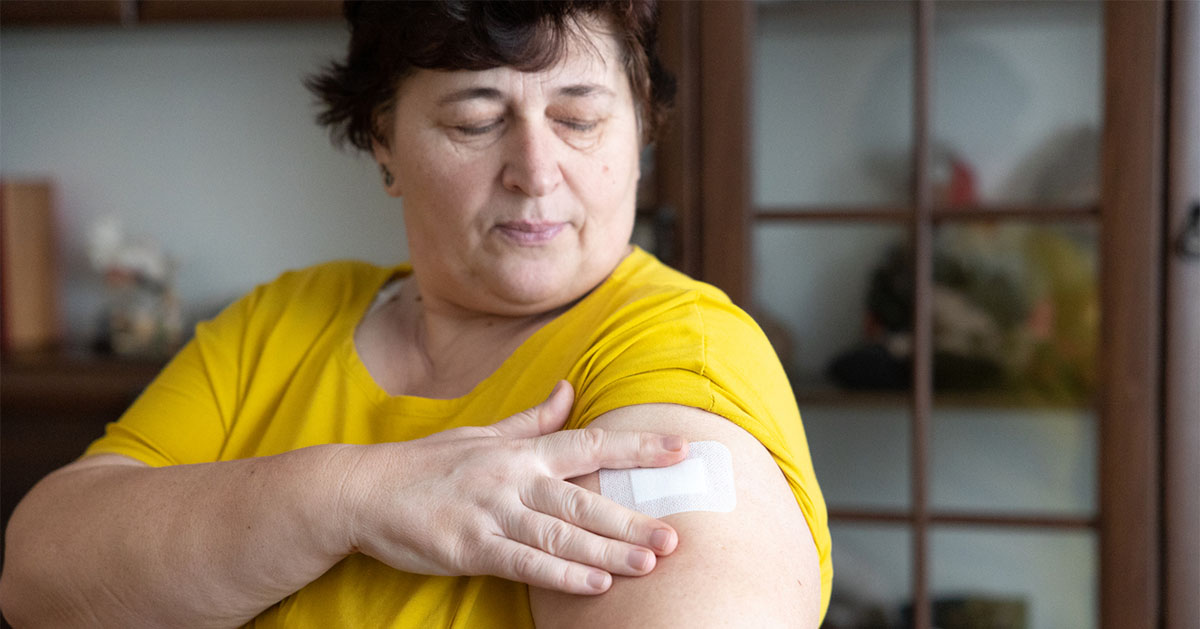We keep hearing about this new GP contract. Now, call me old fashioned, but I thought diabetes care was a team event and nurses had ceased to be doctors’ handmaidens.
The new GMS contract will be practice based but is not a GP contract. The whole team should be involved and through it nurses’ roles can change from clinical to business. They can become partners in the practice. And more. Lay your hands on the role of nurses under the new GMS contract (National Primary and Care Trust Development Programme, 2003) and get bang up to date. Is it not, then, an income generation scheme for GPs? Well, yes, but it is also about working in new ways.
We all love new ways of working do we not? The NSF exhorted PCTs to appoint local champions for diabetes and resourced (but where is the money?) network managers. It suggested practices should provide patients with an agreed care plan, a personal diabetes record and a named contact. Furthermore, we should consider new ways of involving people with diabetes in their own education, particularly group sessions. Eye screening has to be offered to all people with diabetes by 2007. And patients will be ‘empowered’ says the NSF.
Empowerment
The key is change. In order to address what should have been happening anyway we need to change the way we work – and include people with diabetes in the decision making. It is not possible to empower someone if they do not want to be empowered. But it is easy to unintentionally disempower on the pretext of being too busy to change.
Two short stories illustrate the point. I recently asked eight nurses attending a study day how many of them gave their patients written records of their blood tests and investigations. Not one did. I asked the question again at a larger session for 30 GPs and nurses. This one fared better with eight supplying the relevant information. How are we supposed to help people with diabetes achieve the targets we are set if they do not know what those targets are, why they are set, and how they are doing towards them? Is that empowerment?
The second story involves a health professional carrying out a busy clinic and the measurements we all do; weight, height, urine test, blood pressure, blood glucose etc. Recognise the routine? The full gamut of investigation which needs to be carried out in 20 minutes, including a foot assessment. The crunch was that there was no time for the agreed care plan, the personal diabetes record, the education. Where is the empowerment?
Time for a change
We are all busy, but we could all find a better way of working. Change is always threatening but there are opportunities to be gained. Have you read A guide to role redesign in diabetes care (DoH Modernisation Agency, 2002)’? If you gloss over the NHS hype, there are some good ideas to be had, such as using a care assistant to take on less specialist tasks.
The Audit Commission report Testing Times demonstrated what patients with diabetes think of our service. Although predominantly hospital based, it highlighted deficiencies in care, concerns about communication between primary and secondary care, a lack of consistent advice between health professionals and no out of hours contact to name but a few. But according to a patient who has experienced the excellent care we all strive to give:
‘The most important thing is education in all aspects of the disease…I have been insulin-dependent for 43 years and can still do 10 press-ups… It is not all doom and gloom!’
Examine your practice. Could you do with a change of life?





Increased risk of new-onset heart failure in over-65s suggests caution is required before prescribing pregabalin for painful diabetic neuropathy.
14 Aug 2025